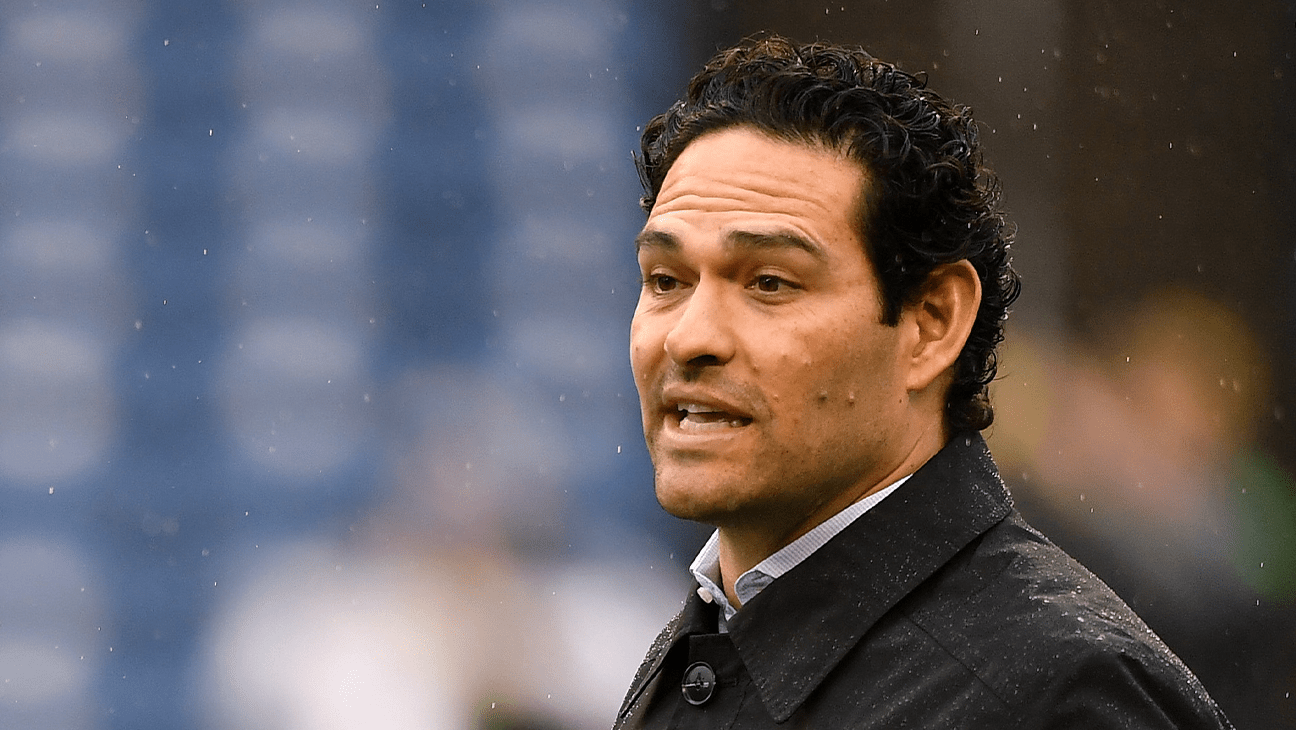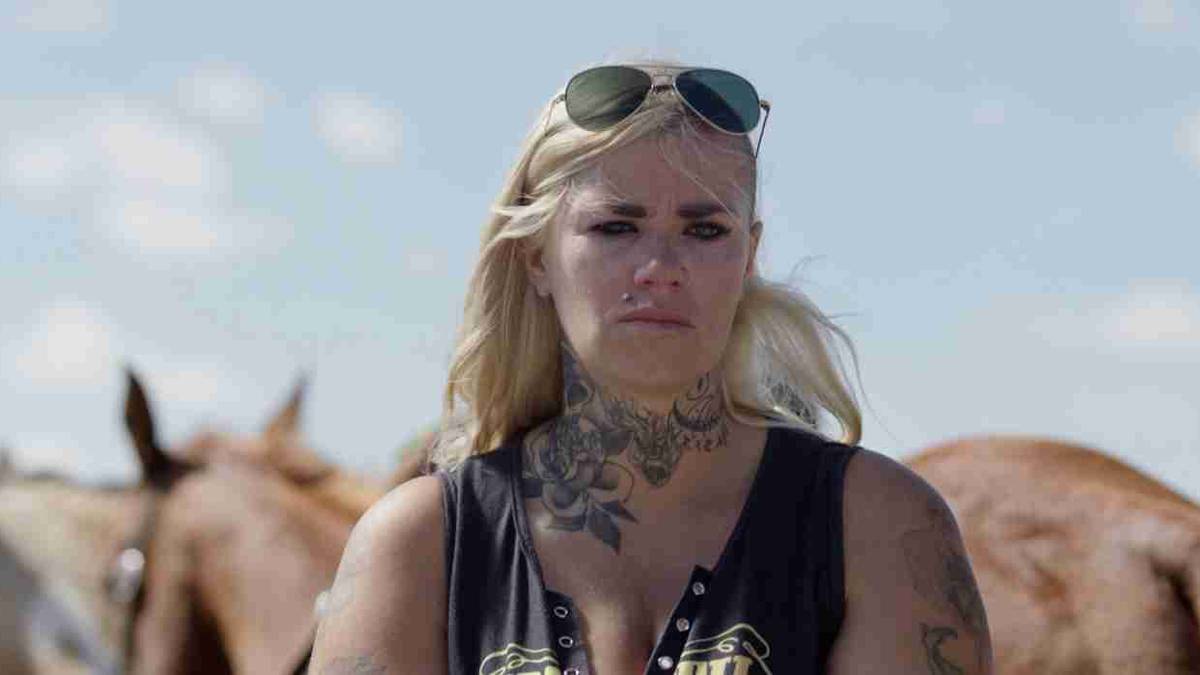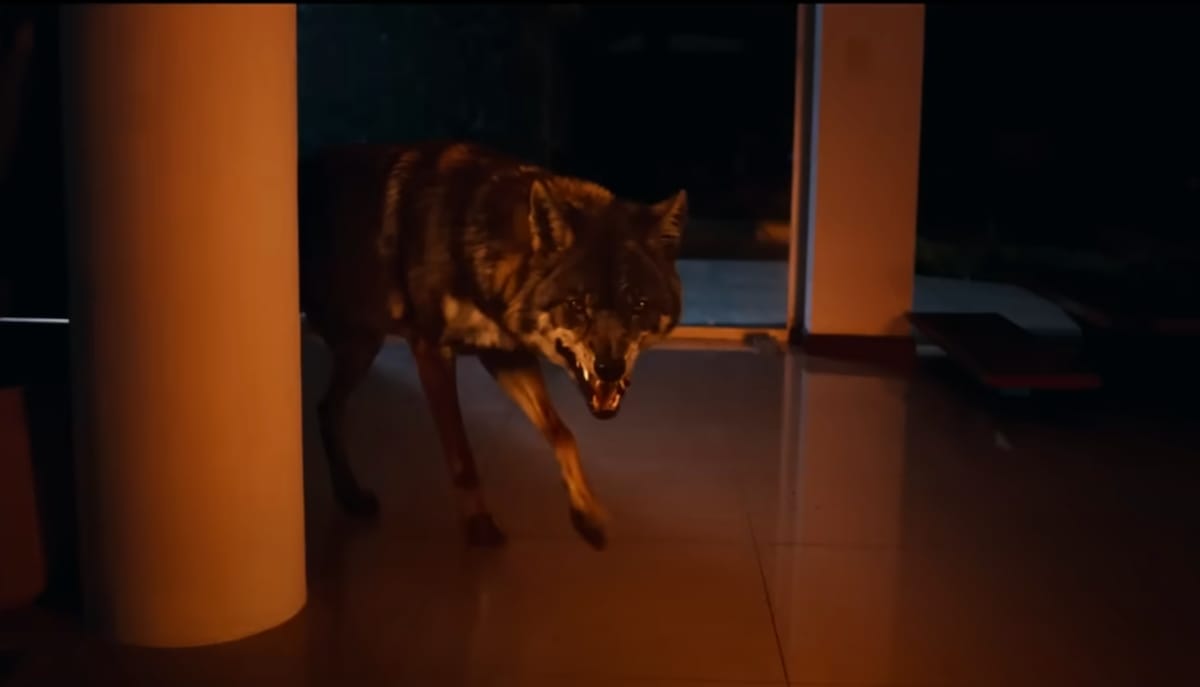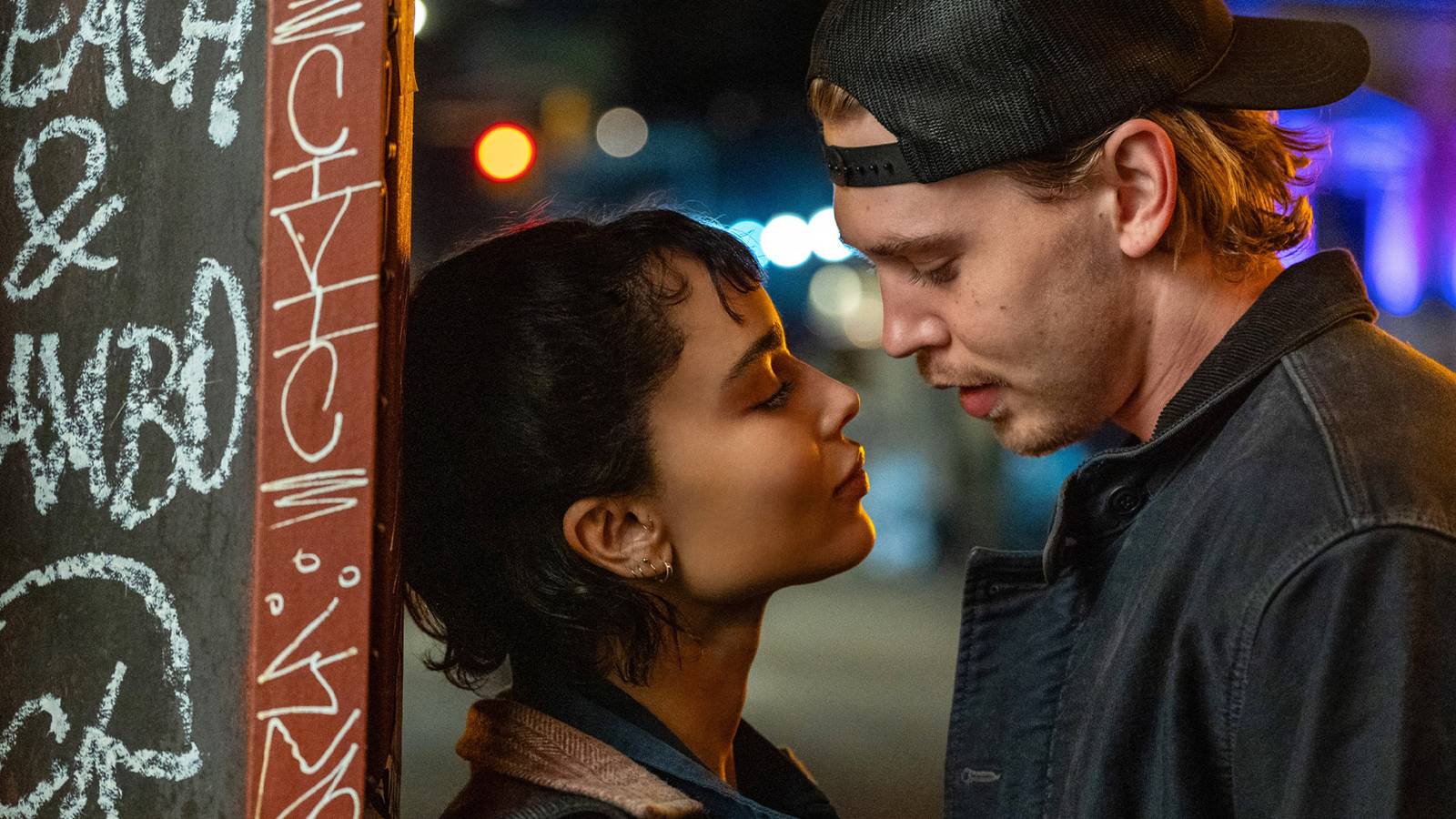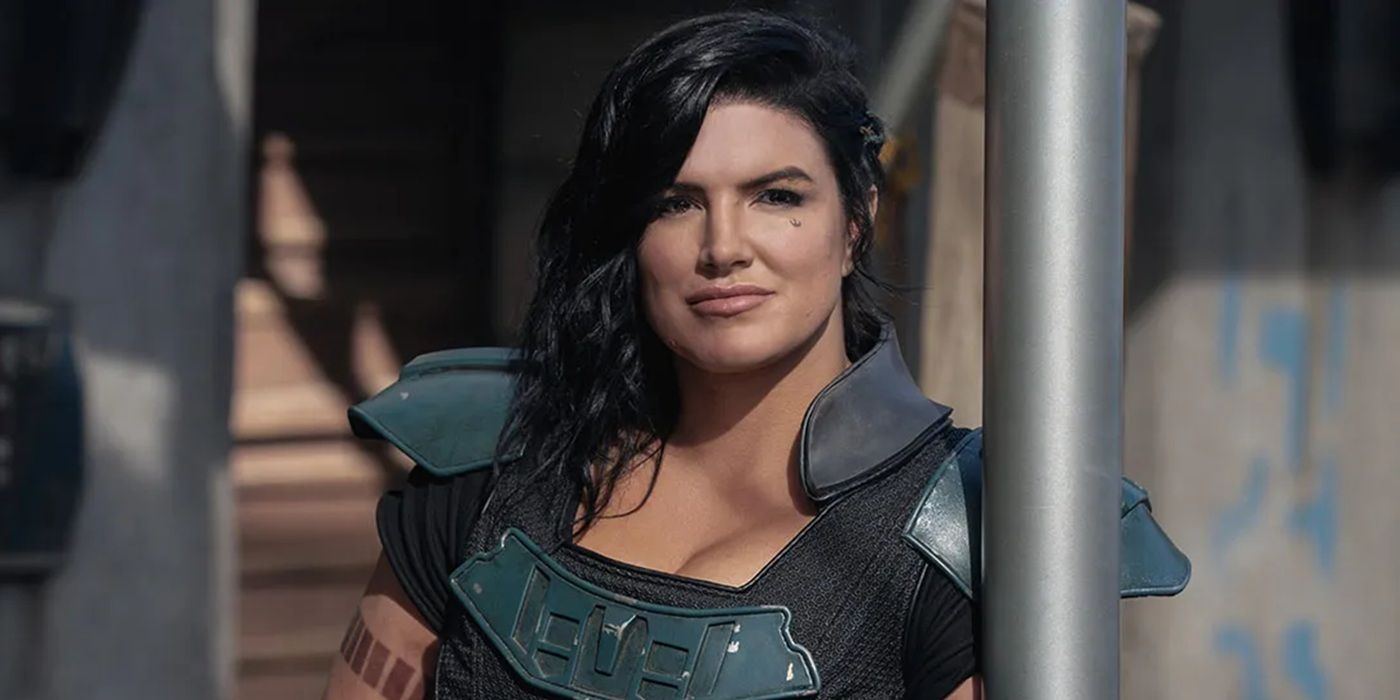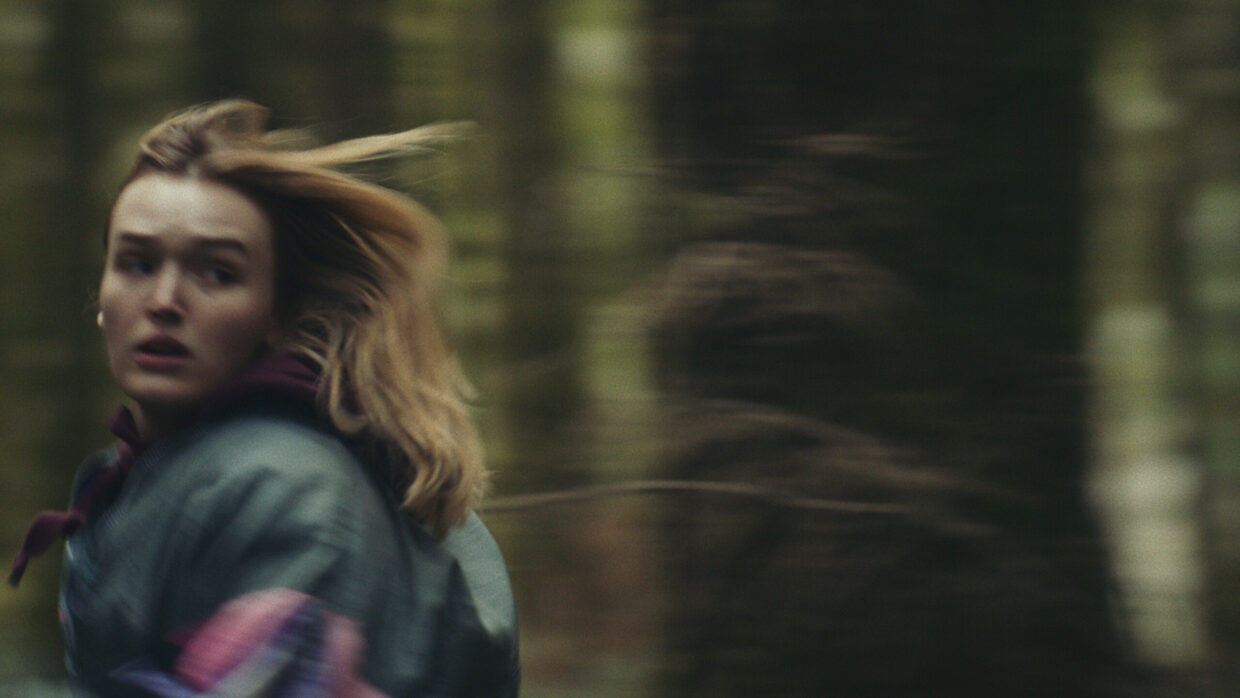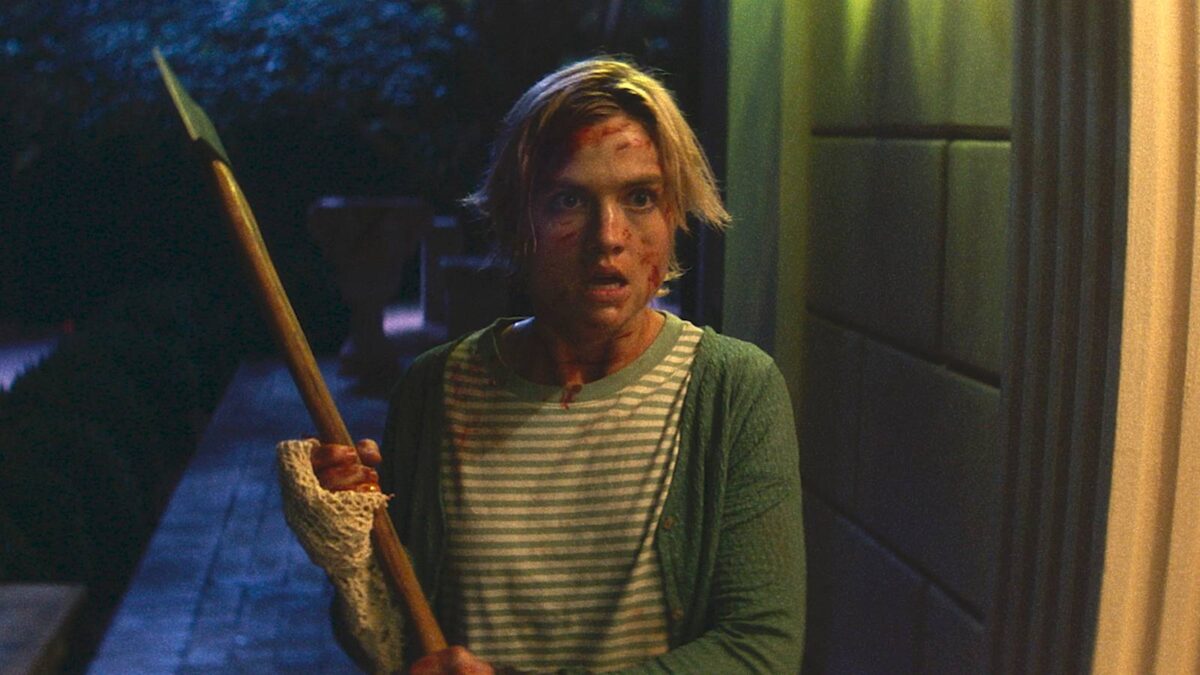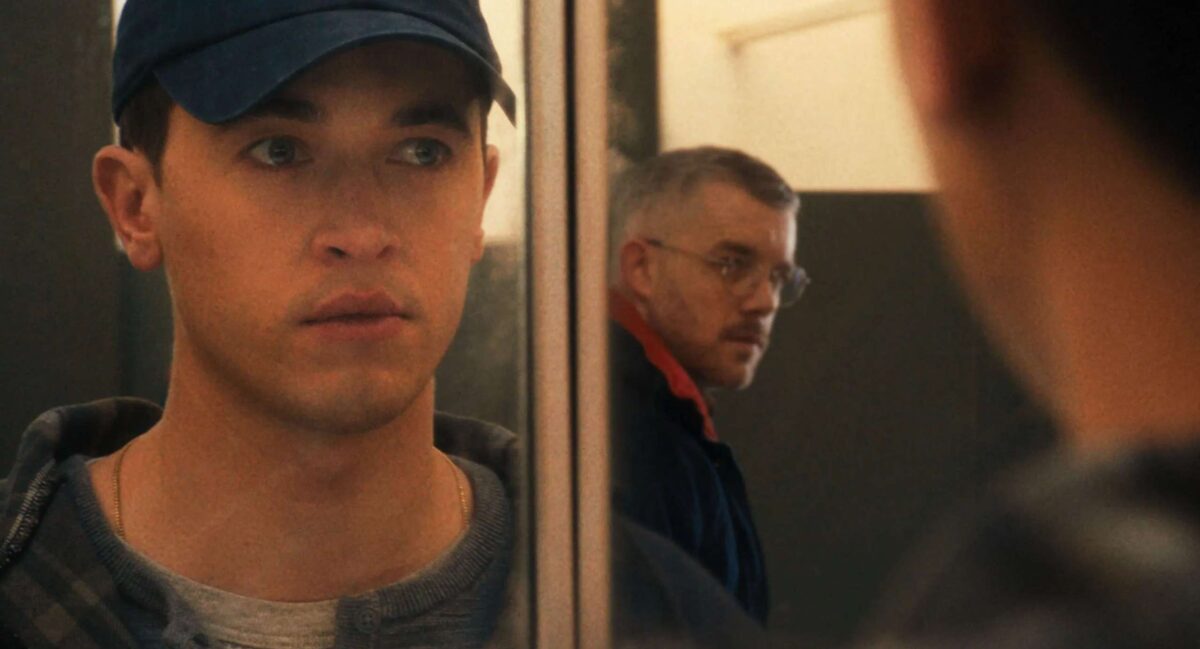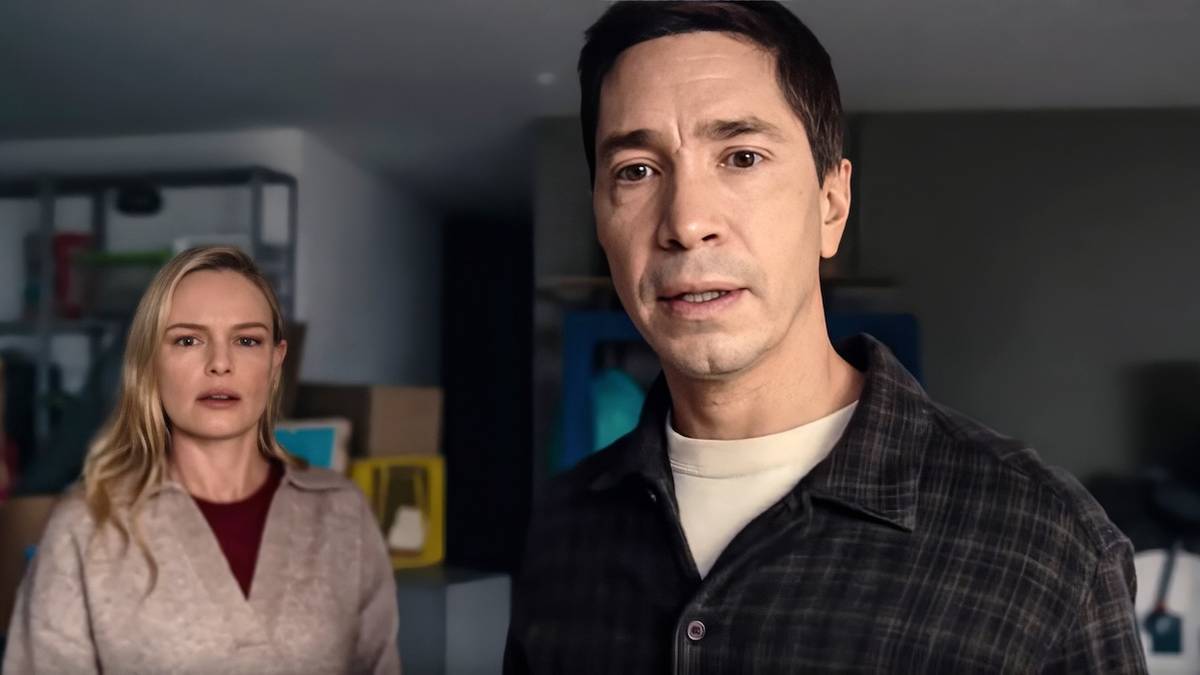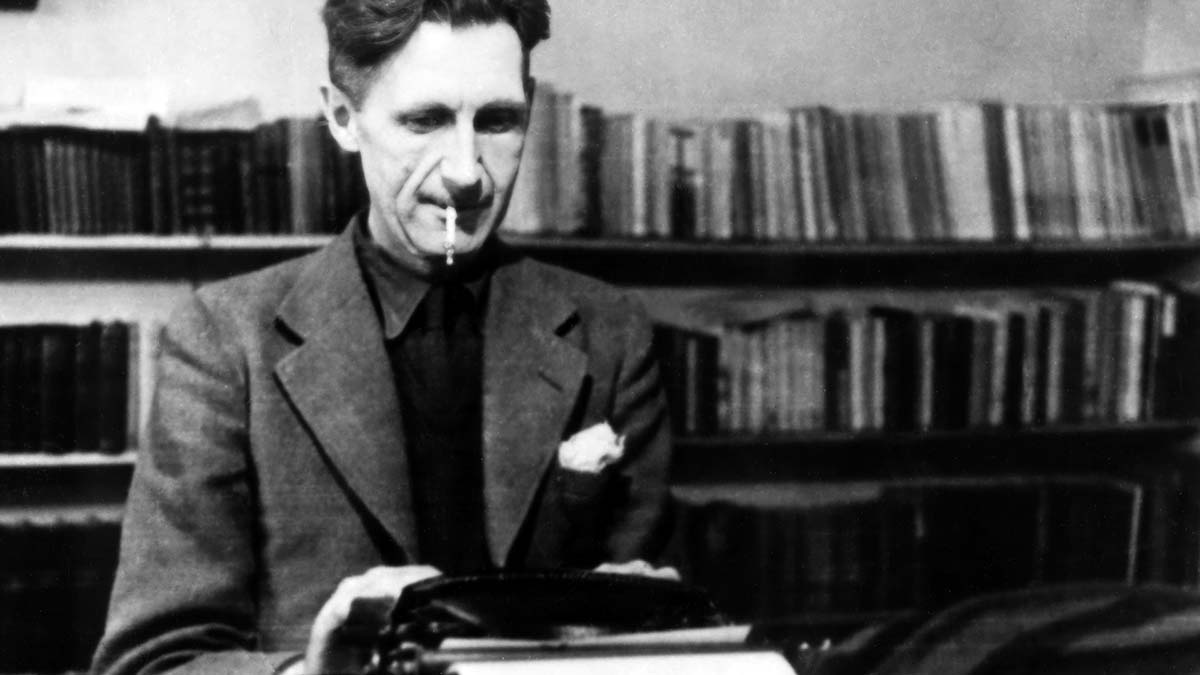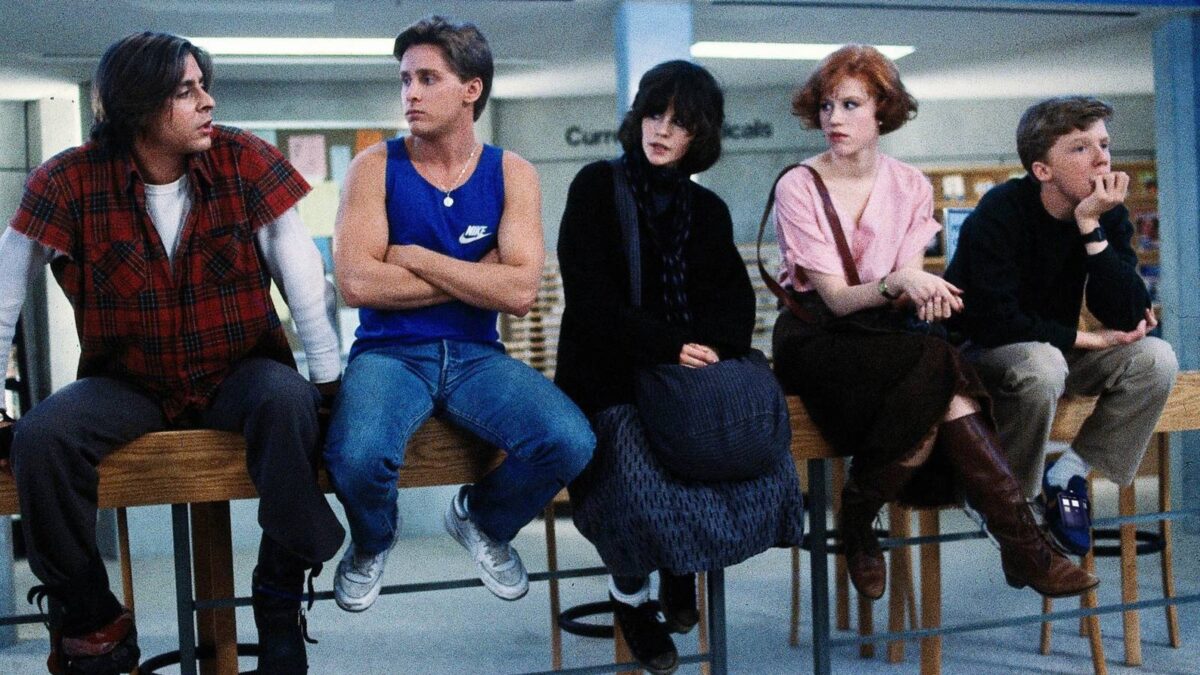
The Quintessential ’80s Teen Movie Hasn’t Aged Very Well, But It Still Holds Up Where It Matters Most
Sep 17, 2025
Forty years later, John Hughes’ The Breakfast Club remains the quintessential teen movie. It’s funny, heartfelt, wonderfully acted, and above all, it avoids rehashing the same familiar formula we’ve seen a million times (a formula that, at the time, was still being formulated). The Breakfast Club is a deconstruction of the tropes that Hughes helped to create, almost like a high school version of Six Characters in Search of an Author. Hughes’ inspired screenplay takes five archetypal stock characters who would normally stick to their cliques and never interact with one another — a jock, a nerd, a rebel, a goth, and the prom queen — and forces them all to get to know each other as they spend a Saturday in detention together, and find that they’re not so different after all. They all feel alone, they all hate their parents, and they all feel pressured and pigeonholed by other people’s idea of them. They all let go of their judgments and preconceptions of each other as they get to know the human beings underneath the labels. It’s easy for the loner to assume that the popular girl’s life is perfect; it’s easy for the burnout with the violently abusive dad to assume that the star wrestler with the strict, overbearing dad is being too dramatic. But the truth is that none of them are okay — they’re all dealing with their own problems. The most profound line in the film belongs to Andrew: “We’re all pretty bizarre. Some of us are just better at hiding it, that’s all.” That is this movie’s message in a nutshell. No matter how it looks from the outside, there is no such thing as a normal person. Everyone’s a weirdo in their own way; some people are just better at hiding their flaws and their idiosyncratic quirks. Once you break down those barriers, anyone can connect with anyone else, and everyone can relate to everyone else.
The Breakfast Club is a deconstruction of the tropes that Hughes helped to create, almost like a high school version of Six Characters in Search of an Author.
The Breakfast Club might be the most ‘80s movie ever made. A lot of that contemporary stuff gives it a nostalgic charm — the “We Are Not Alone” dance scene would not exist in any other decade — but parts of The Breakfast Club have aged horribly. Sexual harassment and homophobic slurs are played for laughs. There’s a Confederate flag hanging up in the library. Allison needs a makeover to remove all her individuality before she can feel some self-worth.
The Breakfast Club Feels Dated Today, But The Performances Are Timeless
The Brat Pack Brings Unexpected Depth To These Teen Movie Archetypes
Elements of the script and direction feel very dated today, but the cast’s performances are timeless. Emilio Estevez is the O.G. Troy Bolton as the unfulfilled star athlete just going along with what his dad wants for him. Anthony Michael Hall brings an existential darkness to the geek persona he created in Vacation and Weird Science. Ally Sheedy is a hilarious wildcard, and Molly Ringwald radiates charisma and girl-next-door geniality, proving once again why she was the queen of ‘80s teen movies. Judd Nelson has the best part in the movie as John Bender. He gets to deliver all the funniest lines, but also gets to play the most vulnerable moments. Paul Gleason is utterly hateable as Richard Vernon, the sadistic vice principal who raids Barry Manilow’s wardrobe and takes out his anger and insecurities on his students — and it’s a fantastic performance, because that’s exactly what the role required.
John Hughes Hadn’t Quite Mastered The Art Of Direction Yet
But He Was Already One Of Hollywood’s Greatest Screenwriters
The Breakfast Club is mostly a lighthearted coming-of-age comedy, but that feel-good tone is offset by some really dark moments. Brian confesses that he contemplated suicide and brought a gun to school (in a pre-Columbine America, that might not have been as disturbing as it is today). The scene in which Vernon physically threatens Bender in the storage closet is deeply unsettling and uncomfortable. It wouldn’t feel out of place in a gritty drama like This is England, but it definitely feels out of place here. There are moments that get painfully real, like when Bender shows Andrew the cigar burn his dad gave him, and moments that are almost cartoonish, like a stoned Andrew vaulting bookcases and letting out a gleeful battlecry that shatters a window. This was just Hughes’ second film as director, so he hadn’t figured out how to make these tonal shifts feel natural yet. He would perfect that balance of levity and tragedy by the time he made Ferris Bueller’s Day Off and Planes, Trains, and Automobiles, but it feels a little jarring in The Breakfast Club. But, while Hughes was still finding his feet as a director, he was already one of the best screenwriters in Hollywood. The way he establishes and evolves the dynamic of the ensemble over the course of the film is a masterclass in character development. At the start of the movie, these five kids don’t even want to be in the same room with each other, let alone engage in conversation and make friends. But by the end of it, they’re sitting in a circle, baring their souls and telling the deepest, darkest secrets they’ve never told anyone before, and Hughes makes that transition feel seamless. The Breakfast Club isn’t particularly realistic — I went to my fair share of detention in high school, and it was never anywhere near this much fun — but it speaks to larger universal truths about the pressures and frustrations and messy emotions involved in being a teenager. Some aspects of The Breakfast Club are very much of its time (the soundtrack, the cultural references, some of the humor), but the fundamental things that matter — the themes, the characterization, the genre deconstruction — still feel relevant today.
Release Date
February 15, 1985
Runtime
97 minutes
Pros & Cons
John Hughes deconstructs the teen movie tropes he created
The actors’ performances have a timeless quality
Hughes’ script is a masterclass in character development
Some of the tonal shifts are a bit jarring
A lot of the film’s humor has aged poorly
Publisher: Source link
Erotic Horror Is Long On Innuendo, Short On Climax As It Fails To Deliver On A Promising Premise
Picture this: you splurge on a stunning estate on AirBnB for a romantic weekend with your long-time partner, only for another couple to show up having done the same, on a different app. With the hosts not responding to messages…
Oct 8, 2025
Desire, Duty, and Deception Collide
Carmen Emmi’s Plainclothes is an evocative, bruising romantic thriller that takes place in the shadowy underbelly of 1990s New York, where personal identity collides with institutional control. More than just a story about police work, the film is a taut…
Oct 8, 2025
Real-Life Couple Justin Long and Kate Bosworth Have Tons of Fun in a Creature Feature That Plays It Too Safe
In 2022, Justin Long and Kate Bosworth teamed up for the horror comedy House of Darkness. A year later, the actors got married and are now parents, so it's fun to see them working together again for another outing in…
Oct 6, 2025
Raoul Peck’s Everything Bagel Documentary Puts Too Much In the Author’s Mouth [TIFF]
Everyone has their own George Orwell and tends to think everyone else gets him wrong. As such, making a sprawling quasi-biographical documentary like “Orwell: 2+2=5” is a brave effort bound to exasperate people across the political spectrum. Even so, Raoul…
Oct 6, 2025
